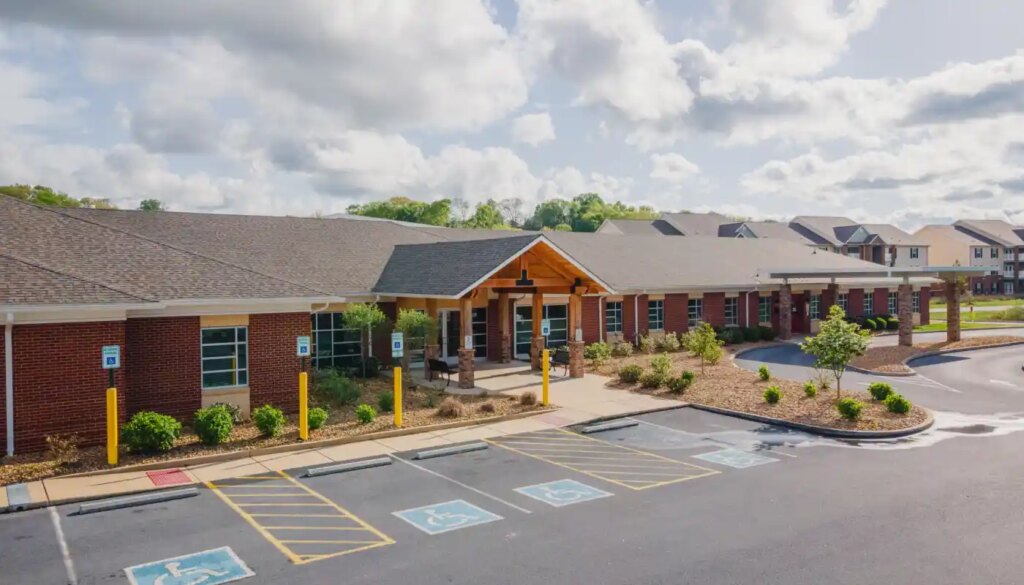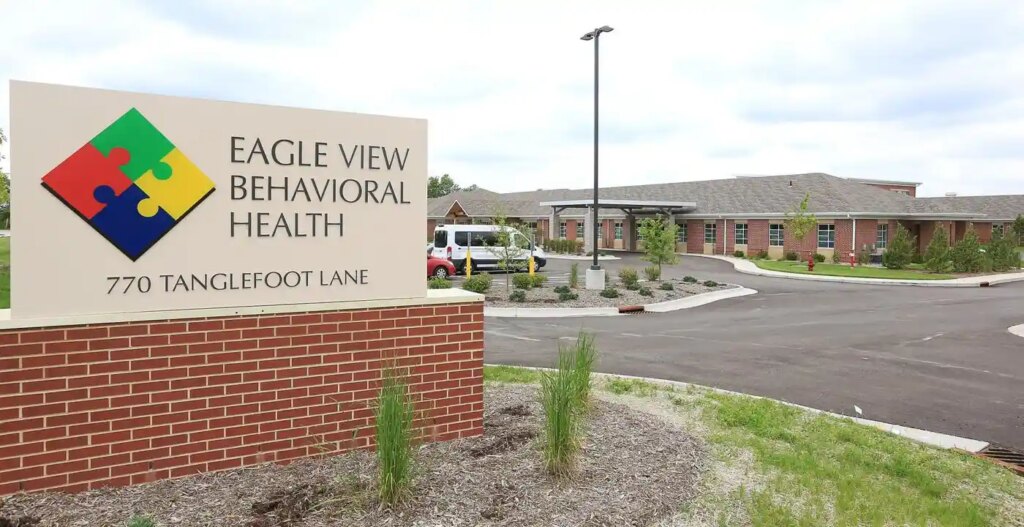The XYZ Behavioral Health Center provides comprehensive care for individuals aged 6 and up who are dealing with mental health or substance abuse issues. We offer a range of services, including telehealth options, to help our clients get back on the path to wellness. ...More







